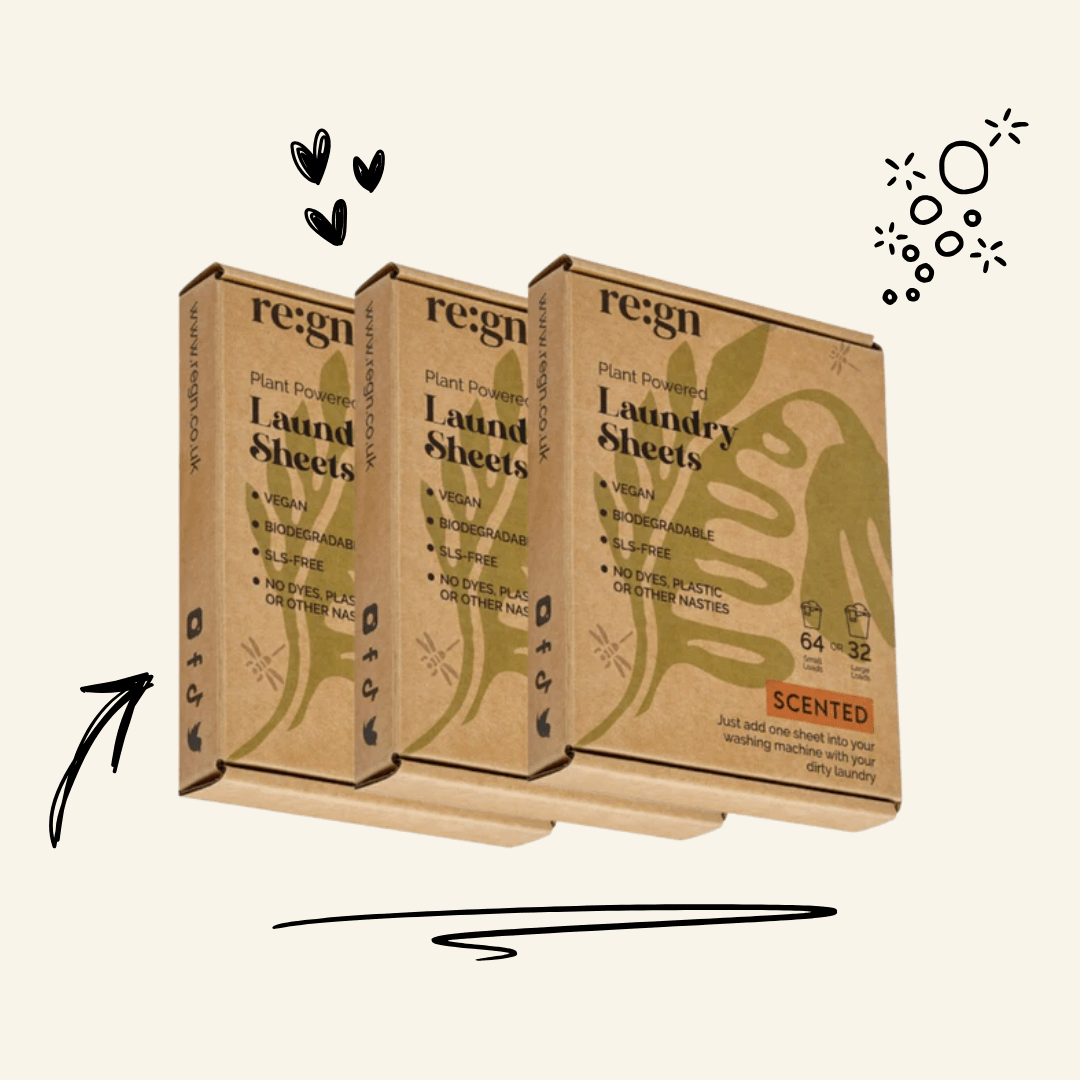What is Leaky Gut Syndrome?
Leaky Gut Syndrome is becoming a hot topic in the world of health and wellness. But what exactly is it, and why is it important to understand? The gut lining acts as a protective barrier that controls what passes into the bloodstream.
When this barrier becomes too permeable, larger molecules, harmful particles, and bacteria can slip through, a condition commonly referred to as “leaky gut.” Understanding this is vital because a healthy gut lining is essential not just for digestion but also for immunity, mood, and overall well-being.
Gut permeability, or leaky gut, means the lining of the gastrointestinal tract allows more than just nutrients like vitamins, minerals, and digested food into the bloodstream. This can lead to inflammation and may contribute to issues such as fatigue, digestive discomfort, skin problems, and even mood disorders like anxiety or depression. Many experts now call the gut the “second brain” because of its profound effect on mental health.
Symptoms of leaky gut syndrome vary but often include bloating, gas, cramps, fatigue, skin irritations, and mood changes. However, it’s important to remember that these symptoms overlap with other common digestive conditions such as irritable bowel syndrome (IBS) or food intolerances. That’s why accurate testing is crucial to avoid misdiagnosis and to find the right treatment path.
How to Test for Leaky Gut Syndrome

Testing for leaky gut usually involves a urine sample to measure gut permeability and inflammation markers. This test assesses bacterial balance in the gut and immune system health and identifies any harmful microorganisms like yeast or parasites that may damage the gut lining.
Faecal analysis can also reveal probiotic levels and pathogenic bacteria presence. Samples can be collected discreetly at home and sent to labs for detailed analysis. Before testing, certain supplements and high-meat diets should be paused to ensure accurate results.
Best Foods for Gut Health to Support Healing
Diet plays a critical role in supporting gut health and healing a leaky gut. Probiotic foods, which contain live beneficial bacteria, are some of the best allies in this process. Yogurt, especially varieties rich in live cultures, helps promote a healthy gut flora and supports digestion. Prebiotic foods such as almonds, asparagus, bananas, garlic, mushrooms, oats, and onions feed these good bacteria, helping them flourish.
Sourdough bread, made with natural lactobacillus bacteria, is another excellent choice, especially for those concerned about blood sugar management, as it may be a better option for people with diabetes. Fibre-rich foods, leafy greens, and yellow vegetables are also beneficial, providing the nutrients and roughage necessary for a healthy digestive system.
Some spices and herbs like black beans, caraway, nutmeg, cinnamon, and cardamom, known as carminatives, are traditionally used to reduce gas and support digestion. Including these in meals can ease discomfort and support gut healing.
Supplements for Healing Leaky Gut Syndrome
<div class="product-grid-wrapper">[280731156545, asc_alphabet, asc_price, 8]</div>
When it comes to supplements, there are specific ones known to help repair and strengthen the gut lining. Supplements containing probiotics, digestive enzymes, L-glutamine, zinc, and omega-3 fatty acids have shown promise in improving gut barrier function and reducing inflammation. Choosing high-quality, eco-friendly supplements that align with a sustainable lifestyle is ideal for those who are eco-conscious.
A common question is how to fix a leaky gut. The answer is multi-faceted: adopting a diet rich in gut-friendly foods, reducing inflammatory triggers (like processed foods and excess sugar), managing stress, and supporting the gut with targeted supplements. Hydration is also important; drinking plenty of water helps maintain the mucus lining of the intestines and supports digestion.
Understanding Leaky Gut Pain and Other Common Questions
Pain related to leaky gut is often felt in the abdominal area, typically as bloating, cramps, or discomfort. However, because leaky gut affects inflammation and immune response, symptoms can also appear as joint pain, skin issues, or neurological complaints. This wide range of symptoms often makes leaky gut tricky to diagnose without proper testing.
It’s worth noting that leaky gut is still being studied, and while it is not yet fully recognised in conventional medicine as a distinct diagnosis, growing evidence supports its role in various chronic conditions. Healing a leaky gut can take time, often several months, depending on individual health and lifestyle factors.
Drinking plenty of water is beneficial for gut health. Proper hydration helps keep the gut lining moist and supports digestion, which can aid the healing process in a leaky gut.
In summary, leaky gut syndrome is a complex condition affecting many aspects of health. Testing for gut permeability can provide valuable insights, while incorporating the best foods and supplements supports healing and well-being. Addressing this condition with a comprehensive approach ensures that both the gut and the body as a whole are cared for.




